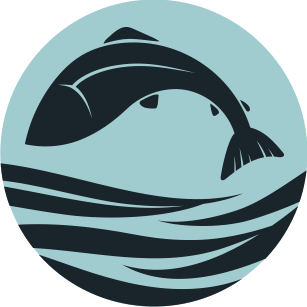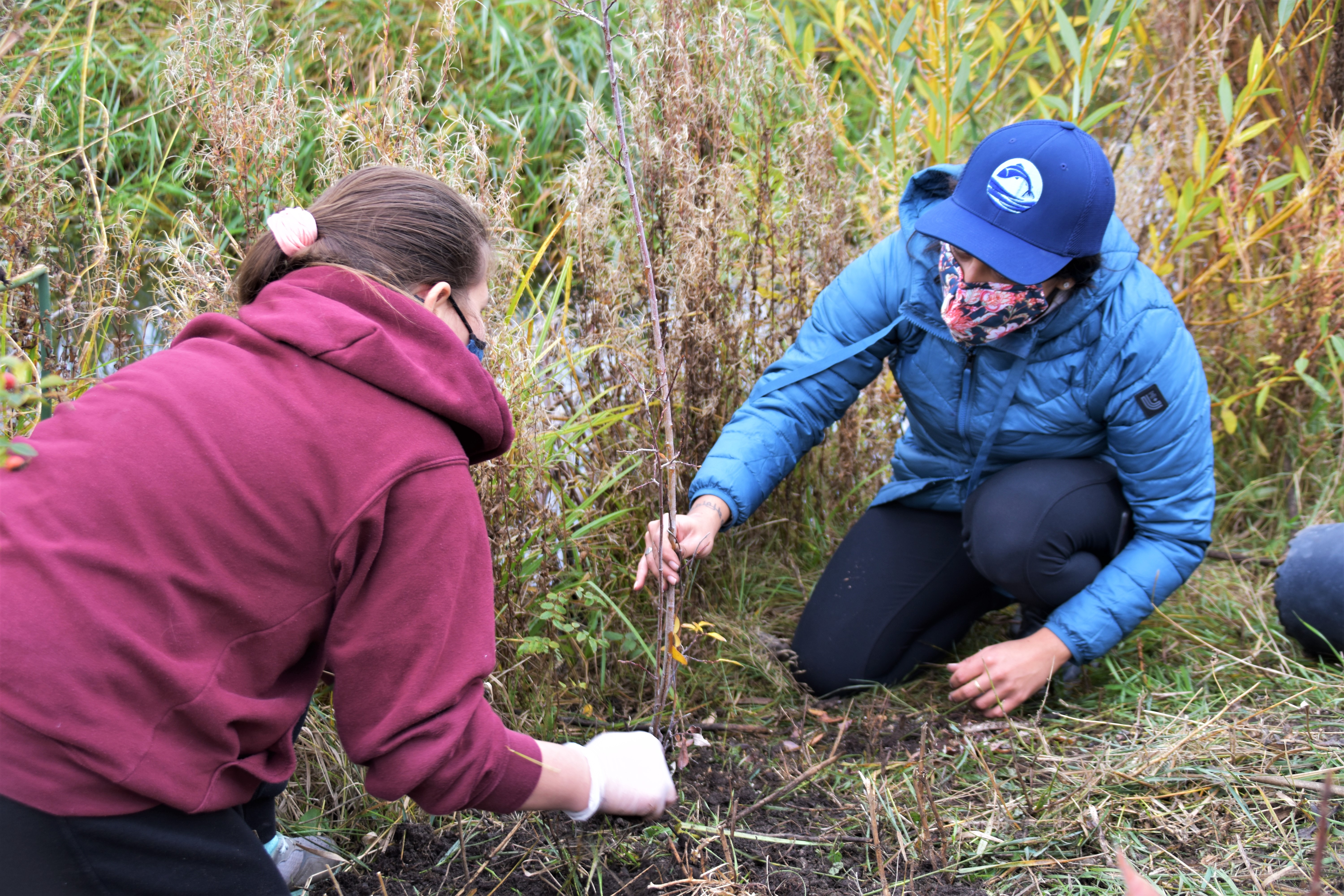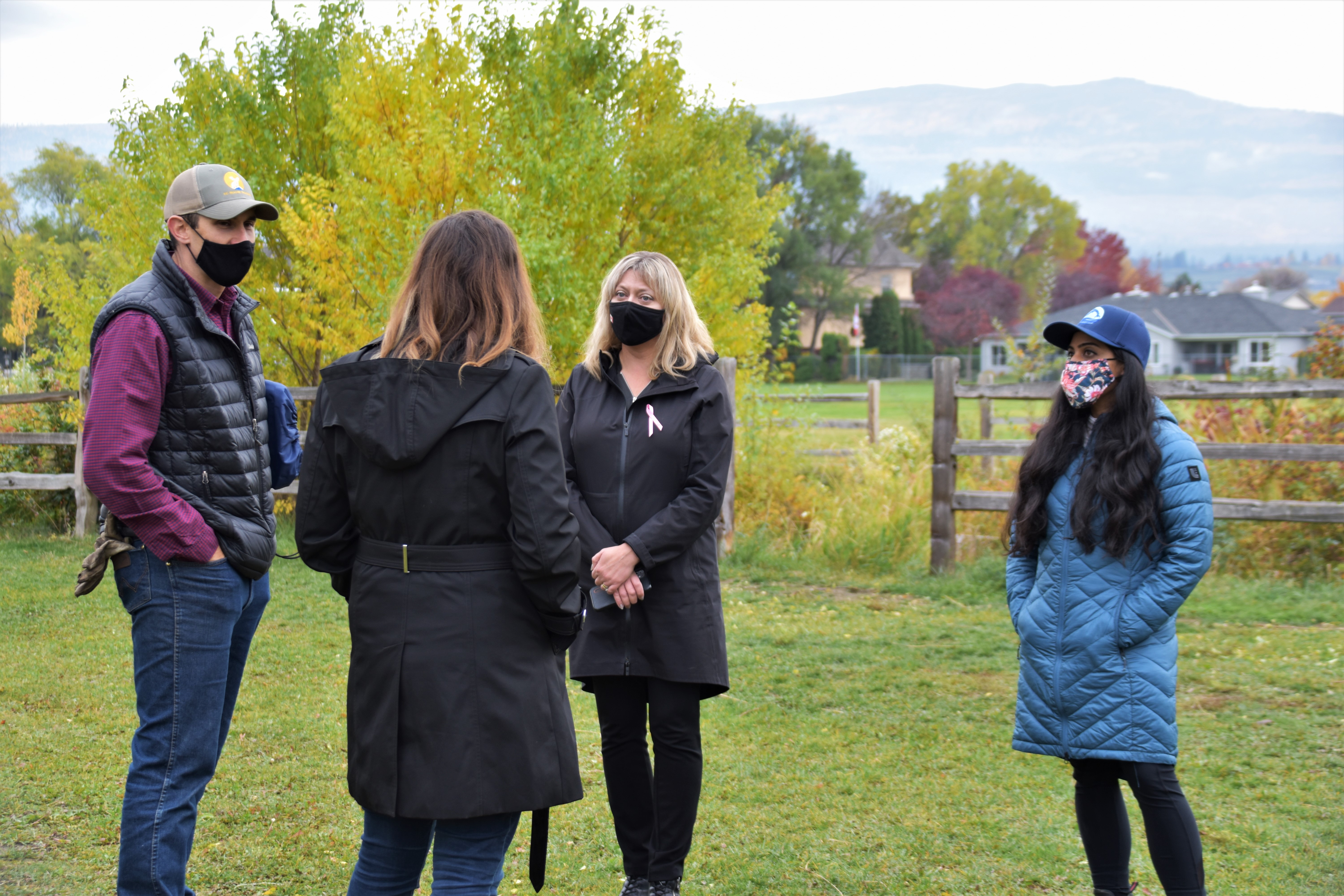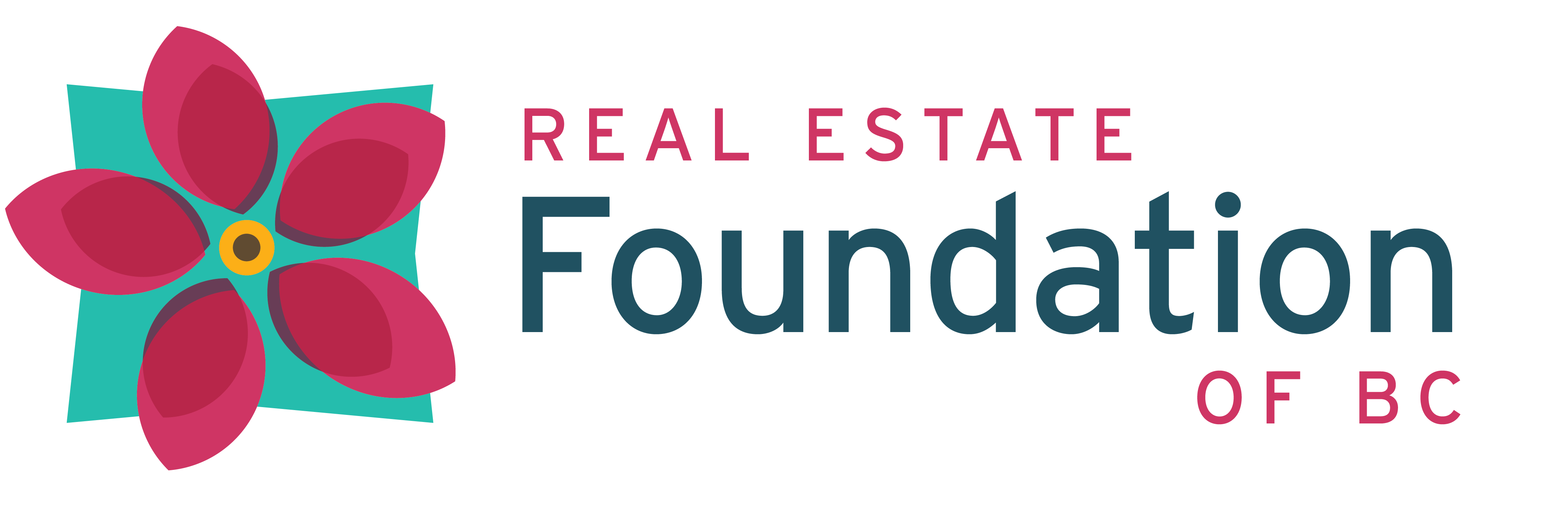Farewell and Thank you Aanchal
We’d like to extend a final farewell and thank you to Aanchal Mogla, Indigenous Community Connector for the Healthy Watersheds Initiative (HWI). She served as the point of contact for many of our project teams and was a key member in developing the sturdy foundation of the HWI. While our team is sad to lose her many talents, we are grateful to have had the chance to learn and work together.
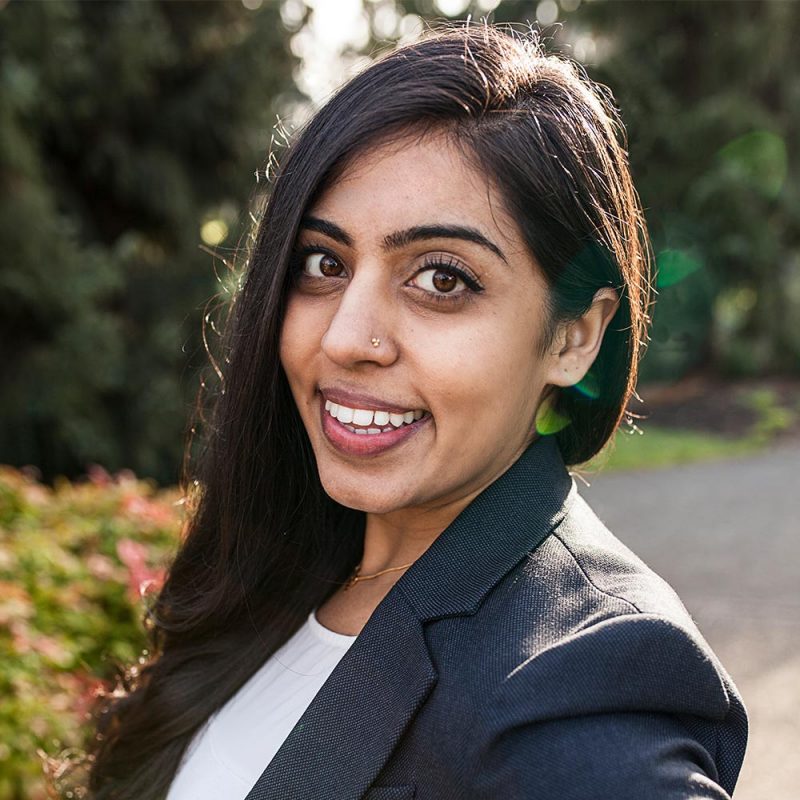
Aanchal began working with Watersheds BC and HWI in March of 2021. As Indigenous Community Connector, Aanchal was a key point of contact and support for our Indigenous-led and partner project teams.
Among her many talents, it was discovered that she also had a hidden knack for map-making. Aanchal was instrumental in creating the HWI project map, despite having no prior mapping experience. As the HWI project list grew, Aanchal saw an opportunity to capture the breadth of the work being done in a visual, interactive format. As a visual learner, she found it helpful to geographically situate where the project teams were working and how they were distributed across the province. A curiosity soon developed into a fascination for Aanchal as she developed this tool.
Prior to joining Watersheds BC and the HWI, Aanchal was practicing law, in the areas of human rights, employment, governance, and policy development. We are excited to see her move into a role where her passions and knowledge will shine.
We wish Aanchal all the best in this next chapter of her career!
“One of the major HWI resources that was instrumental; was the quick access and support to the Indigenous Community Connector Aanchal Mogla. The quick access and ability to easily communicate with her was very important to adapting projects without delay, which contributed to the success of our program, and extension into additional watersheds.”
Interview with Aanchal Mogla |
What was one of your favourite experiences with the Healthy Watersheds Initiative?
Participating in “Green Day” activities at École KLO Middle School in Kelowna. The school is located along a creek that was once buried under concrete. When students discovered baby painted turtles in their long sand box over a decade ago, their teacher helped kickstart a project to restore Fascieux Creek to its natural state. In 2021, it was one of the many sites maintained by B.C. Wildlife Federation’s Wetlands Workforce project. The morning was full of learning moments: from identifying invasive and native species to removing and planting them, to hearing attendees’ stories and connections to the creek. I left full of hope and nourishment. I was reminded of the power we collectively hold and how that can be wielded to make the changes we so desperately need. And, every action we take to restore our ecosystems, no matter the size, will have profound impacts.
What did you learn through your experience with the Healthy Watersheds Initiative?
So much, I’m not sure where to begin. Right from the start, I got to learn about the variety of ways restoration work is happening across the province. As a person new to the sector, that was tremendously eye-opening. I developed skills in areas I never imagined I would, like building an interactive map, and came to realize that maybe I’m ready to move past the agony science classes caused me as a child and give science another shot! The learning was constant throughout this experience and that’s all thanks to the amazing people involved at all levels of HWI – from funders to recipients and everybody in between.
What aspect of your position did you find the most rewarding?
Connecting with project teams. Talking to people who are passionate about what they are doing invigorates me, and I found every conversation I had with project teams to be that way. My primary role was to support project teams in whatever way I could as a liaison between them and the funder. Initially, that meant collaborating with teams to get their grant applications ready, but over time, those relationships evolved into so much more. Even more rewarding was hearing from them about the impacts the work was having in such a short period of time, both on people and the environment. I am incredibly humbled and honoured to have been in this position and am grateful to the hundreds of individuals and organizations that are spearheading this work.
What significance do watersheds hold for you?
As the saying goes, water is life, and that extends to watersheds. Restoring them to a healthy, functioning state and ceasing activities that threaten that are critical to our survival.
What is next for you?
Watershed policy work for governments in Secwepemcúĺecw.
